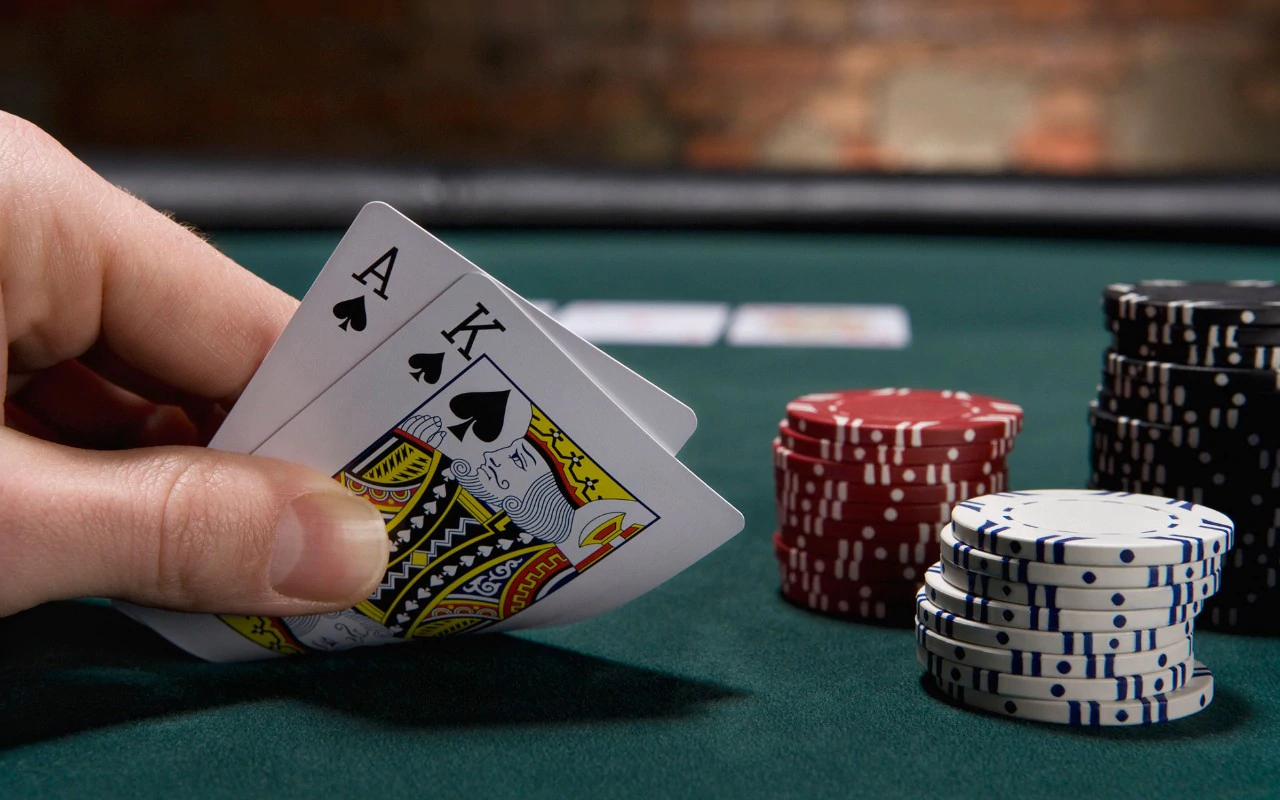Poker is one of the world’s most beloved card games. Over its long and storied history, its evolution into an intense competitive and strategic challenge has only increased.
Poker is believed to have its roots in China during the 10th century, then spread throughout Europe and North America by the 18th century. There may also be links with Persian As Nas games.
Origins
Poker’s history spans continents and cultures alike, dating back to its inception in New Orleans during the early 19th century and subsequent rise in popularity.
As traders and merchants traveled down the Mississippi River, it eventually spread throughout the nation and even became popular among soldiers during downtime in the Civil War.
This game emerged from two related French and German board games: Poque (French) and Pochen (German), both derived from 16th century Spanish game Primero and Chinese domino cards; both relied heavily on bluffing to stay ahead in play.
Rules
Poker is an international card game enjoyed by millions. With such an extensive history and intricate development process, its appeal extends far beyond borders.
Modern poker is played with a deck of 52 cards, with an hierarchical hand ranking system and betting rounds.
The game first emerged in America during the early 1800s. Riverboat crews quickly adopted it as their favorite activity, spreading it quickly across the nation.
Variations
Poker is a worldwide card game played by people of all skill levels in homes, garages, social clubs, casinos and online.
History of Poker can be both exciting and fascinating; with some forms dating back centuries and others having come about more recently.
One of the most popular variants of poker includes Texas Hold’em, Omaha Hi-Lo, Stud Poker and Badugi – each one offering different challenges but each requiring specific skills to master.
Betting intervals
Betting intervals are an essential element of Poker play. In certain variations, each player may be required to contribute an ante before beginning play.
An interval may also include several rounds of dealing, wherein each round deals out one card face up to each active player. After three rounds there will be a showdown wherein the best Poker hand wins the prize – though odds might seem stacked in its favor, luck still plays its part.
Limits
Limit poker games feature a fixed betting structure and allow players to bet a set amount each round, giving them greater control of pot size while testing weaker hands against stronger ones without risking too much of their bankroll.
Limit hold’em is an excellent way to learn the fundamentals of poker and understand pot odds calculations, while simultaneously eliminating crazy players who like to move all-in with junk, which can often be seen in NLHE tables.
Symbols
Poker is an ancient card game played worldwide where participants bet on the value of cards they hold. It provides entertainment and even livelihood for many people worldwide.
Playing cards are divided into four suits that represent different elements of nature: hearts, clubs, spades and diamonds.
Suits symbols can often be found depicted directly on playing cards themselves; usually these appear as symbols known as pips that indicate both its suit and ranking.
Legality
Poker’s legality has changed over time. Up until recently, it largely operated within a grey area due to the Federal Wire Act.
This law restricted sports gambling but did not prohibit non-sports gambling such as online poker. In 2002, the Fifth Circuit Court of Appeals upheld this ruling – an important victory for this industry.
So far, several states have taken steps towards legalizing poker over time; these include Delaware, Nevada, New Jersey, Pennsylvania and West Virginia.





